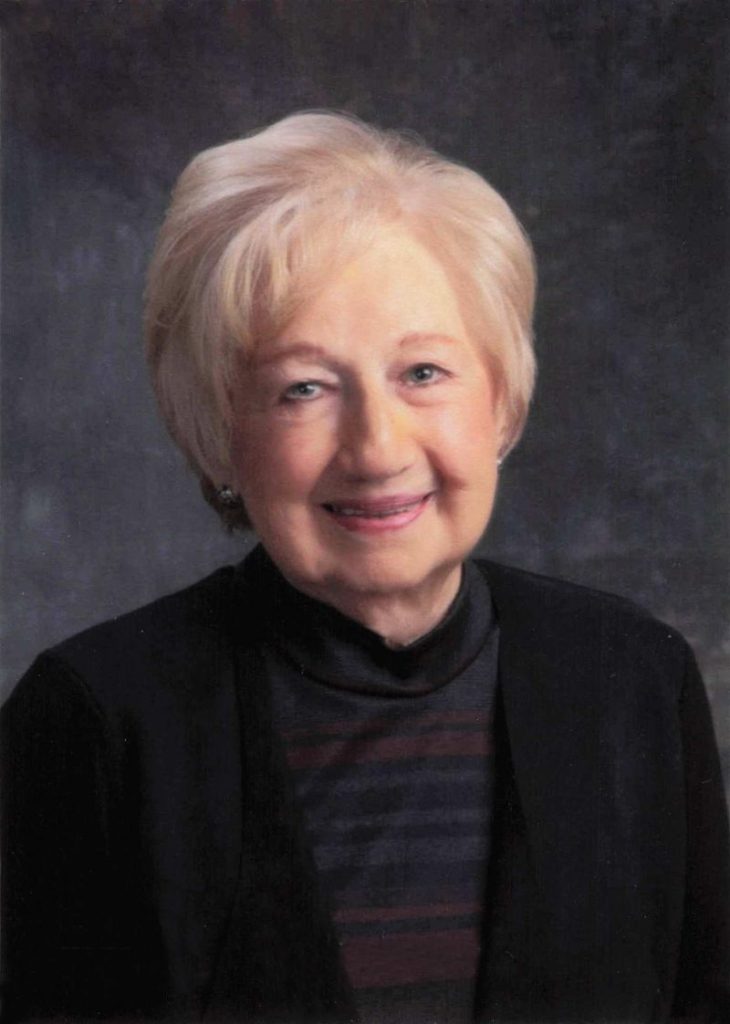Adams County State’s Attorney’s office turns over recordings of May closed session County Board, Finance Committee meetings

PUBLISHER’S NOTE: The Adams County Board’s Finance Committee went into closed session May 9 to discuss giving themselves raises and lay out a political strategy to deal with potential fallout from voters who might not approve of the action.
These actions are not permitted under the Illinois Open Meetings Act.
“The appointment, employment, compensation, discipline, performance, or dismissal of specific employees, specific individuals who serve as independent contractors in a park, recreational, or educational setting, or specific volunteers of the public body or legal counsel for the public body, including hearing testimony on a complaint lodged against an employee, a specific individual who serves as an independent contractor in a park, recreational, or educational setting, or a volunteer of the public body or against legal counsel for the public body to determine its validity. However, a meeting to consider an increase in compensation to a specific employee that is subject to the Local Government Wage Increase Transparency Act may not be closed and must be open to the public. 5 ILCS 120/2(c)(1).“
The full Adams County Board took the same action during its regular monthly meeting on May 10.
The recordings of both meetings are linked below.
J. Robert Gough
QUINCY — Between the closed sessions of both the May 9 Adams County Finance Committee meeting and the May 10 Adams County Board meeting, board members spent a combined hour attempting to twist arms for a unanimous vote on salary increases for Adams County Board members and discussing the political ramifications of holding a vote just before the June 28 primary.
An audio recording of both meetings — obtained through a Freedom of Information Act request the county first denied but then complied with after an e-mail from the Illinois Attorney General’s office suggesting they disclose the recording — shows County Board leadership stressed the discussions would be private, a violation of the state’s Open Meeting Act.
The vote, taken in open session, may not have been legal because the public listing of the resolution was vague and included no mention of the amount of the salary increases before the vote was taken.
Adams County State’s Attorney Gary Farha assigned one of his assistant state’s attorneys, Josh Jones, to handle the case on behalf of the county. Jones said he made the decision to release the recordings to Barney Bier, a former state’s attorney and former County Board member, who filed the request on behalf of a group of citizens. Bier then gave the recordings to Muddy River News.
Jones would not comment on the impropriety of County Board’s actions, since he is one of their attorneys. However, he said it was in the county’s best interest to cooperate with the attorney general’s request.
“It’s not my role to look into if the County Board acted improperly,” Jones said. “But under the circumstances, this information should be public.”
Bier stepped down from the Adams County Board in April 2021. He had been recruited to the County Board by Adams County Board Chairman Kent Snider, but Bier believes he fell out of favor with Snider and with Adams County Board Vice Chairman and Finance Committee Chairman Bret Austin because Bier was seeking more transparency in county government.
Because the request of the attorney general took place more than 60 days after the action, Bier said the vote would remain in place and the vote wasn’t the issue in the first place; the board’s conduct was the issue.
“Because the request for review was made to the Attorney General rather than the Circuit Court, the result of the vote would remain in place and would not be subject to being vacated,” Bier said. “The people signing the letter did not want to punish the clerk (Ryan Niekamp) or the treasurer (Bryden Cory). They did nothing wrong.”
“The board intentionally intertwined their own raises with the countywide elected office holders,” Bier said. “I believe they did that for cover…an attack on one would be an attack on all.”
Others who signed the letter Bier sent to the Attorney General were:
- Steve McQueen, a Republican candidate for Adams County Board in District 4 in the June 28 primary. McQueen won to advance to the November 8 general election.
- Jon McCoy, a Republican candidate for Adams County Board in District 5 in the June 28 primary. McCoy won to advance to the November 8 general election.
- Jeremy Allen, a Republican candidate for Adams County Board in District 7 who lost in the June 28 primary.
- Jim Fisher, a Republican candidate for Adams County Board in District 3 who lost by one vote in the June 28 primary.
- Brian Garrett of Ursa.
- Jason McCoy, a Republican Precinct Committeman and member of the Quincy Tea Party.
- John Spake, a Republican Precinct Committeman and a member of the Quincy Tea Party.
McQueen said the group intentionally waited until after the June 28 primary to release the information.
“This isn’t about politics,” McQueen said. “Politics is doing this behind closed doors. This is about open government.”
“A Reference Guide to the Illinois Open Meetings Act,” produced for the Illinois Counties Risk Management Trust, offers a precedent to question the legality of the salary increase vote (which can be found on Page 11 of the guide):
“Failure to include information on the agenda regarding the subject matter of final action on a settlement agreement violated the (Open Meetings Act). Ill. Att’y Gen. Pub. Acc. Op. No. 17-004 (June 6, 2017). “
Another precedent was found on Page 13 of the guide.
“A board’s agenda failed to indicate that the board would be voting on an increase in the museum admission price. Even though a committee of the board, which met earlier the same day, had the admission price topic on its agenda, the committee was a separate public body, and the committee’s inclusion of the item on the agenda did not satisfy the board’s separate duty to include the item on its agenda. Ill. Att’y Gen. Pub. Acc. Op. No. 13-002 (Apr. 16, 2013).“
When the County Board approved the public release of the May 10 meeting minutes at the June 14 meeting, it did not include a copy of the signed and stamped salary increase resolution — only a spreadsheet listing the resolution. A precedent showing a possible violation was found on Page 14 of the guide.
“The public body must approve the minutes of its open meeting within 30 days after that meeting or at its second subsequent regular meeting, whichever is later. Within 10 days after approval, the minutes must be available for public inspection. A public body that has a website that is maintained by its full-time staff must post on its website the minutes of a regular open meeting of its governing body within 10 days of approval. Minutes must remain posted there for at least 60 days after their initial posting. 5 ILCS 120/2.06(b).“
Austin told the board and those in the gallery attending the May 10 meeting that he wanted the discussion of elected officials’ salaries to be done in executive (closed) session because they were “related to people in this room.”
No clause in state statutes allows for that, as all of the people who were in the discussion were elected officials. Page 19 of the reference guide says the Open Meetings Act permits a board to go into closed session only for very specific reasons.
“The appointment, employment, compensation, discipline, performance, or dismissal of specific employees, specific individuals who serve as independent contractors in a park, recreational, or educational setting, or specific volunteers of the public body or legal counsel for the public body, including hearing testimony on a complaint lodged against an employee, a specific individual who serves as an independent contractor in a park, recreational, or educational setting, or a volunteer of the public body or against legal counsel for the public body to determine its validity. However, a meeting to consider an increase in compensation to a specific employee that is subject to the Local Government Wage Increase Transparency Act may not be closed and must be open to the public. 5 ILCS 120/2(c)(1).“
Miss Clipping Out Stories to Save for Later?
Click the Purchase Story button below to order a print of this story. We will print it for you on matte photo paper to keep forever.

